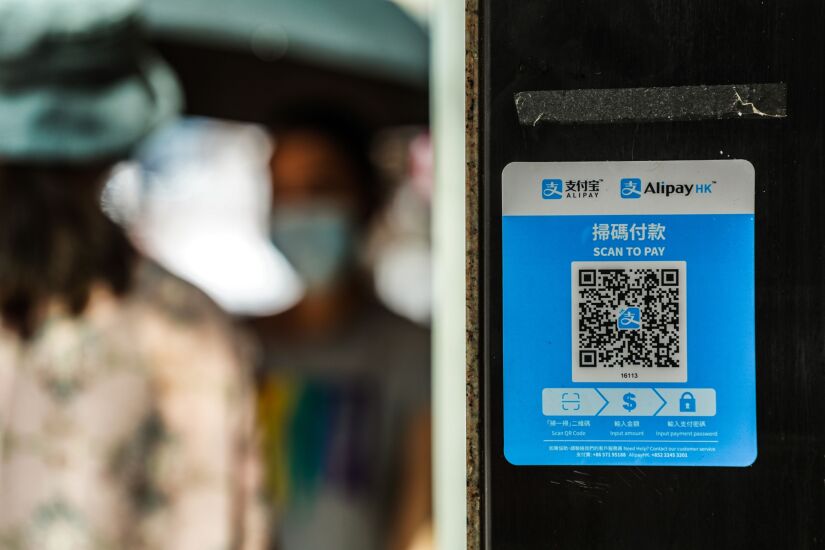This week in global news, U.K. payment regs draw fire, Alipay expands, Italy considers a central bank digital currency and more.
Here's what's happening around the world.








President Donald Trump has ousted Todd Harper and Tanya Otsuka, Democratic board members of the National Credit Union Administration, before the end of their Senate-confirmed terms in the latest example of bipartisan regulator boards being undermined in Washington.
Markets welcomed the 90-day pause on President Donald Trump's tariff plan, but banker forecasts for mergers and acquisitions and earnings remain uncertain.
U.S. District Judge Tanya Chutkan said the Environmental Protection Agency could not suspend the previously awarded funds. The case put Citigroup in the crossfire of a legal battle between climate groups and the Trump administration.
The Minneapolis-based parent company of U.S. Bank achieved positive operating leverage during the first quarter as revenues outpaced expenses.
The Memphis-based bank said the pace and quantity of interest rate cuts will be a determining factor in its performance. In its first quarter, it saw deposit costs continue to fall, offset by soft loan growth.
The regional bank noted "heightened uncertainty" in the second quarter but reaffirmed its outlook for the year.